Most of us know them when we see them. The ones we can always count on to deliver. And then some.
My talent development lead calls them “high performers.” I call them invaluable.
But when recently asked how I would describe the qualities of a high performer, I really had to think about it. We all have team members who work hard. But putting in the hours and achieving outstanding results are two different things.
My high performers seek – and drive – excellence. They are rarely (if ever) satisfied with the status quo and have a few very important things in common:
A Good Internal Compass: High performers have the confidence and objectivity to speak up when they sense people are making a bad choice or heading in the wrong direction.
Willingness to Go the Extra Mile: There is no substitute for a good work ethic. I see millennials entering the workforce with the expectation of changing jobs over a dozen times during their career. Therefore, the motivation to perform at a high-level comes from a desire to advance their career trajectory as well as the company’s trajectory. The good news is, no matter what the motivation, hard work will yield both results.
Team Player, When Required: High performers are team players…most of the time. Collaboration and consensus are important but sometimes a high performer just needs to make the call. It can be detrimental to spend too much time achieving consensus on every issue. However, once a decision is made, it is important to act as a team player and move forward in support of the established objective.
Positive Mental Framework: More than just being upbeat in communication style and attitude, a high performer comes at problem-solving from a positive place. Instead of giving reasons why something can’t be done, positive high performers ask, “How can I make it work?”
Always Seeking Growth Opportunities: High performers recognize that growth doesn’t always mean moving up another step on the ladder. Lateral opportunities can provide new and diverse experiences that better prepare candidates for their next promotion. High performers know that smart lateral moves can position themselves very competitively as they gain skill sets and exposure to different areas of the business.
- Teaching and Learning through Mentorship: Mentorship can provide a great deal of insight for both parties, so why limit the experience to only one or two? Seek out multiple relationships that have different skill sets and work in different industries. Each person will have different perspectives and experiences to help you learn.
- Networking: High performing people generally have high performing networks. They make it a priority to tend their relationships, paying them forward whenever possible. On occasion, I have seen highly qualified, competent people passed up for promotions because they didn’t understand the value of networking. Both internally and externally, it is important for you to be personable, nurture relationships and sell your ideas.
Understanding the End Goal: In an early project for Northridge, we were asked to help a large client identify business process issues during a leadership transition. Our team of consultants, including myself, dug in and worked long hours to deliver an extensive report to their executive team. I soon learned that the client could only implement a small portion of our recommendations due to various constraints (e.g., resources, budget). In overworking the project, we under-delivered on what was really needed: a concise, actionable set of recommendations. That experience taught me a valuable lesson about establishing a shared understanding of the end goal before work is begun.
Self-Awareness: Through my association with The Chicago Network, I have had the privilege to hear valuable insights from outstanding Chicago leaders. One of my favorite pieces of advice came from one of those leaders who said, “The hardest thing as a leader is to know when to step back and let someone else do it because he or she is in a better position to solve the problem.” That speaks to the value of self-awareness. High performers recognize and accept the areas in which they excel and those in which someone else may be better.
For me, these seven qualities capture some of what differentiates high performers from the pack. But perhaps what is most notable is that, even without all of these descriptors, we almost always know them when we see them!
Learn more about The Northridge Group
